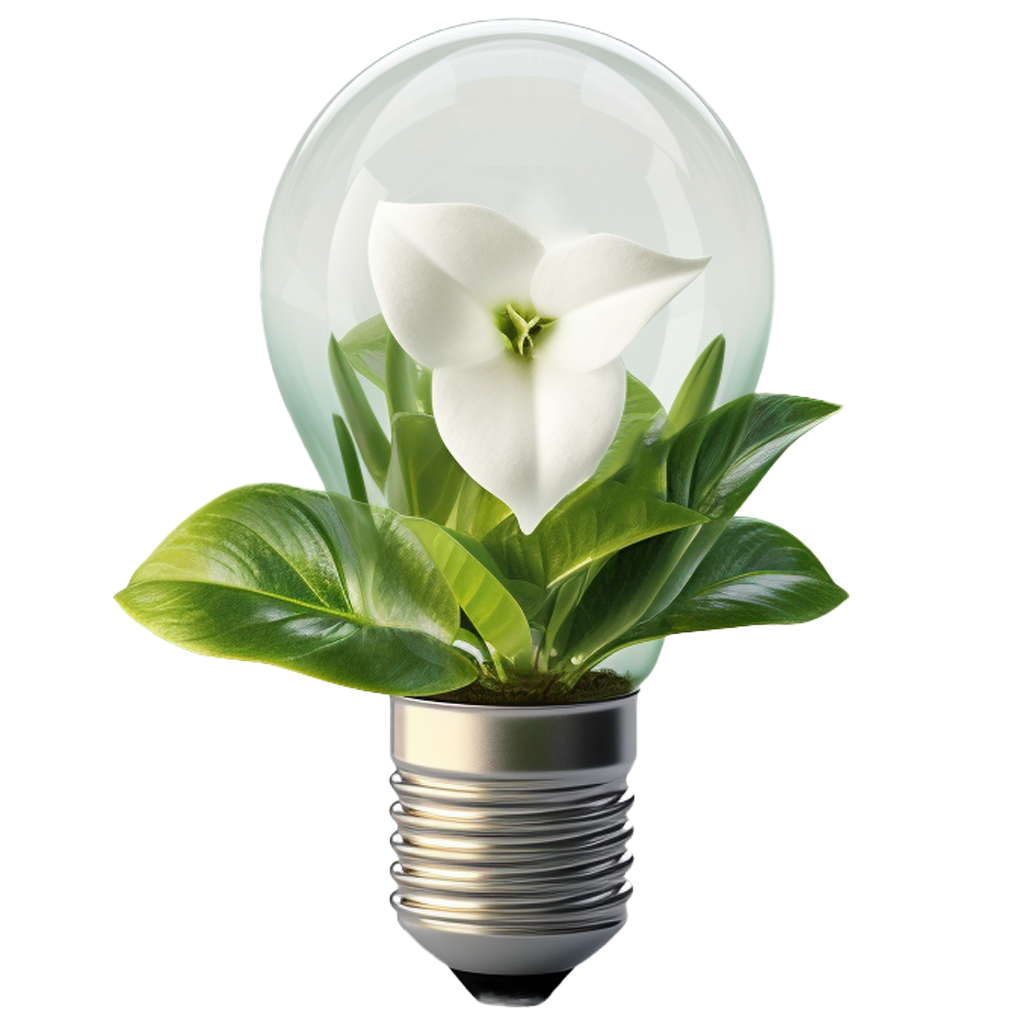About Problems…
No surprise – problems are an inherent part of life. Whether individually or as businesses, we all face them. How we deal with problems significantly shapes our lives and our business ventures. Here’s a brief look at our unique relationship with problems and how understanding our problem experiences can – if we design problem-handling techniques – lead to growth, both on personal and business levels.
Our Unique Relationships with Problems
As humans, we’ve got a distinct advantage over other species. We’ve developed the ability to identify and anticipate problems. This doesn’t mean we can always avoid them. It also doesn’t mean we always fully understand them. But it does mean we can put plans in place to reduce their impact, or even solve them beforehand.
We use tools like legal contracts to anticipate and mitigate business disagreements or take out insurance to protect against possible financial setbacks. This forward-thinking approach is something that we, as individuals and businesses, can leverage to our considerable advantage.
However, this just scratches the surface and does not help us build the skills we now require for problem management, let alone provide elegant solutions to problems. We must move beyond general/common/average approaches to obtain better-than-average solutions. We must design and test problem-solving processes to create a success-tested kit of decision-making tools.
Our Very-Personal Relationship with Problems
Problems at an individual level might relate to our health, finances, or relationships. Problems at an individual level will always be tied to our personal make-up…our heredity, life experiences, self-image, and our personality.
Are we introverts or extroverts? Are we optimists or pessimists? What body chemistry [adrenaline, etc.] kicks in when we face problems? What body chemistry [dopamine etc.] kicks in when we solve problems?
We can explore the answers to dozens of psychological and physiological questions like this if we want to understand our very-personal relationship with problems and work to remove some of the personal limitations and biases we now experience when we encounter problems. As we do that, we improve our relationship with problems and become more confident and skilled at dealing with problems.
Our Very-Personal Relationship with Business Problems
When we boil it down, business contains only three things: people, processes, and situations. Each of us brings our very-personal relationship with problems to our workplaces. And it’s important to understand that situations often trump people’s best intentions. When individuals’ very-personal relationships with problems get overruled by business situations, solutions to business problems suffer. For example – more-powerful people overrule less-powerful people…”Yes Boss!” decisions and groupthink decisions prevail over believability-weighted business decisions.
Growing Our Very-Personal Relationships with Problems Amid Uncertainties
The current level of business uncertainties requires business leaders to improve their approach to risk management and problem solving. An integrated approach expands understanding of our very personal and business-complicated problem relationships. We can guide and evolve those relationships in constructive directions. This goes beyond economics and survival. It enables the leveraging of expanding business uncertainties into strategies for growth, innovation, and tackling opportunities.
By applying advanced critical thinking skills—shaped by our individual experiences, personalities, and the problem-anticipation strategies we’ve developed—we can address business challenges far more effectively. This means not just preparing for potential problems but actively seeking out areas for improvement and innovation tied to our problems.
This is about creating a culture where questioning the status quo, experimenting with new solutions, and embracing failure as a learning opportunity are valued. Such a culture generates resilience and adaptability…crucial traits for businesses aiming to thrive in fluctuating markets and unpredictable economic realities.
Closing Thoughts
Our efforts to fully understand and manage problems, both personal and business-related, underscores a fundamental truth: problems have always been and always will be the catalysts for change and growth.
Business leaders and teams must learn new ways to evaluate, adapt, and evolve.
We must embrace a philosophy that views problems as learning opportunities rather than obstacles. This philosophy has the potential to transform challenges into innovative ideas and solutions. This mindset shift is vital for building resilience, fostering a culture of continuous improvement, and driving forward progress. But this mindset is of little value if it does not lead to new ideas and concrete actions. So, focus on idea generation and agile actions.
At the essence, our relationship with problems—how we perceive them, react to them, resolve them, and grow with them—is a powerful force in shaping the trajectory of our personal lives and the success of our businesses.


